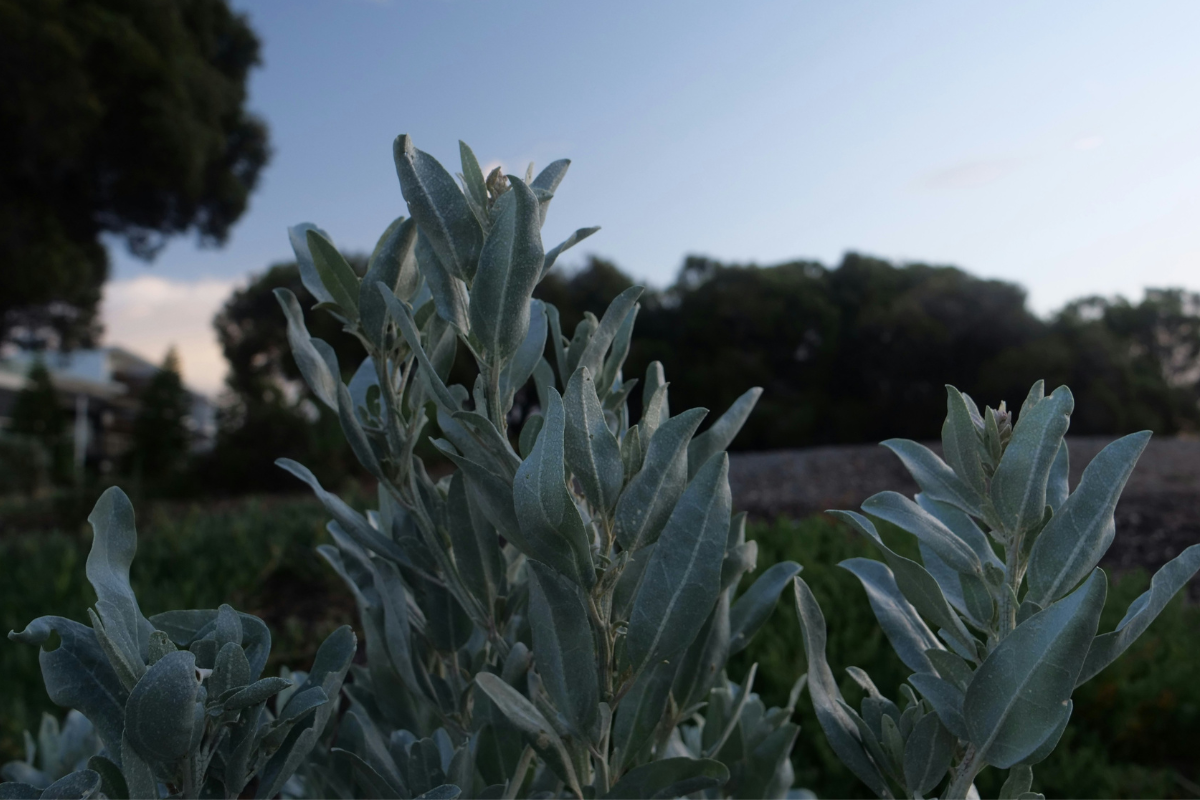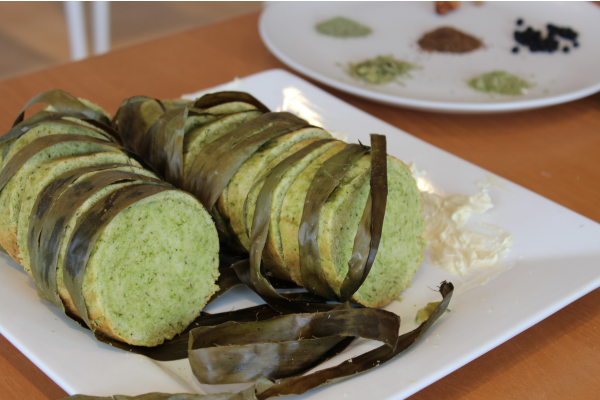National Reconciliation Week 2024

As we approach this year’s National Reconciliation Week, we got in touch with some inspiring schools who are leading the way in bringing Australian Aboriginal learnings and culture into their Kitchen Garden Programs. Running from Monday 27 May to Monday 3 June, Reconciliation Week is a time for all Australians to learn about our shared histories, cultures, and achievements and to explore how each of us can contribute to achieving reconciliation in Australia. This year’s theme is “Now More Than Ever”, which serves as a reminder to us all that the fight for the rights of Aboriginal and Torres Strait Islander people will and must continue.
The Kitchen Garden Program provides many ways for schools and services to celebrate and learn more about the land, waterways, weather patterns, animals and plants through the care and knowledge of Aboriginal and Torres Strait Islander people. Through connecting to country and appreciating and understanding cultural responsibilities, we can all learn from and care for this land together.
Today’s story offers guidance and resources to help inspire your lesson plans for Reconciliation Week. We also share stories from our Kitchen Garden Program community about their experiences incorporating Australian Aboriginal culture and learnings into the kitchen and garden.

Connecting with community
One of the first steps schools and services can take to include Aboriginal culture in their Kitchen Garden Program is connecting with their local community. Start by finding out who the traditional custodians of your area are and what languages are spoken. From there, you can start to make contact with your local Aboriginal community. If you don’t have any pre-existing direct links, a good starting point is either your local Aboriginal Land Council or your local Aboriginal Education Consultative Group. Through these connections, an opportunity might come up to invite a local community leader or education specialist to your school to share their knowledge with students.
A great example of this came from Majura Primary School in the ACT. The school decided to embark on a project, creating a dedicated space for an Indigenous garden within their established school vegetable garden. After researching and reaching out to their local Aboriginal community organisation and the Australian National Botanic Gardens, they connected with Aaron Chatfield. A Gamilaraay man (New South Wales to southern Queensland) with deep connection to the Ngunnawal people and country (southern New South Wales and the Australian Capital Territory), Aaron was initially invited to the school to conduct a workshop for students as part of his business Dreamtime Connections, where he shares his Indigenous Culture and passion for the local environment with his community.
“After our first experience with Dreamtime Connections, Majura Primary won a grant to establish the Indigenous garden further […] – without hesitation we got Aaron involved again,” says Kitchen Garden Specialist Siobhan Palmer.
The school’s plan for their native garden was to plant mainly Indigenous edible plants, accompanied by other native flora. Aaron lent his knowledge of the local environment and climate to this part of the planning process, and his insight into plants that would be most useful in the kitchen determined what they planted.
“Aaron explored the uses of the plants, from those used for basket weaving and shelters to those both edible and medicinal. He showed the significance of the plants used in hunting as a decoy. The children really loved the dianella whistle and creating suds from the gum leaves to wash their hands,” says Siobhan.
“We bring ingredients into the kitchen on a regular basis from the Indigenous garden and use them in our recipes. For example, next fortnight there will be a focus on native ingredients in the kitchen, and we will be drying saltbush and native mint leaves to grind with wattle seed, lemon myrtle, and pepper berry, to create native dukkha to top our pumpkin and lentil rolls.”

Recipes, resources and more
Even without direct links to your local Australian Aboriginal community, there are so many ways you can incorporate the culture into your Kitchen Garden Program during National Reconciliation Week. If you’re not sure where to start, use our dedicated Reconciliation Week resource on the Shared Table. In this resource, you’ll find recipe links and program resources for your lesson planning – including our new resource Indigenous nature walk. Over three sessions, this resource invites you to take your students on a walk to observe local Indigenous plants, look at trees as habitat, and invite a local Indigenous person to speak from a First Nations perspective. These activities encourage students to connect the kitchen garden with the wider environment and its history.
For further inspiration when it comes to working with native ingredients, look no further than our amazing member schools on the Shared Table. Simply search for terms such as ‘Warrigal greens’ or ‘saltbush’ to check out all the delicious recipes that our community has been cooking up.
One of our member schools, Happy Valley Primary School in South Australia, has wholeheartedly embraced cooking using their own native garden.
“We have native mint, old man saltbush, Warrigal greens, native thyme, bower spinach, pig face, ruby saltbush and finger limes. This garden is actually called the Reconciliation Garden,” says Garden Specialist Wendy Nicolle. The school also runs a program called Eco Leaders, that sets up special activities for the whole school during Indigenous awareness events including Reconciliation Week and NAIDOC Week.
“We frequently use produce from our Reconciliation Garden in the kitchen. In particular, we use the native mint, which we love to make a tea with for the students to enjoy with their meal. We have used Warrigal greens in stir fries and pastries. We have dried saltbush and used it as a salt alternative, including in a damper-style bread,” says Kitchen Specialist Lauren Williams.

Now more than ever
We hope this story helps to inform your teaching around National Reconciliation Week and continue your ongoing celebration of and education about Aboriginal and Torres Strait Islander peoples, histories and cultures. As the Stephanie Alexander Kitchen Garden Foundation is not an Australian Aboriginal-led organisation, we provide this content in the spirit of working with and learning from Australia’s First Nations peoples. We acknowledge all of Australia’s first people and traditional custodians across the country, and pay our respects to their elders past and present.
Thank you to Majura Primary School and Happy Valley School for sharing their experiences and make sure to follow us on Facebook and Instagram for more kitchen and garden inspiration.
< Back to Latest News
